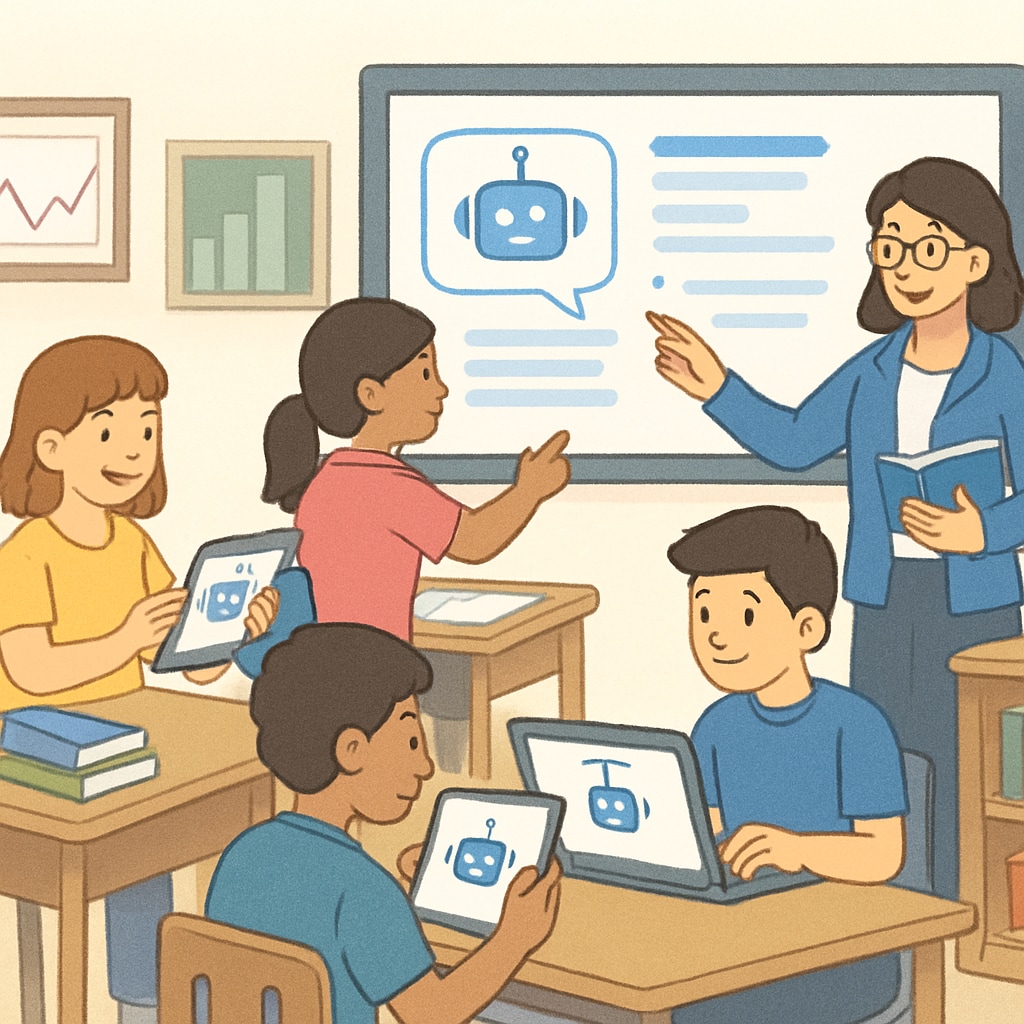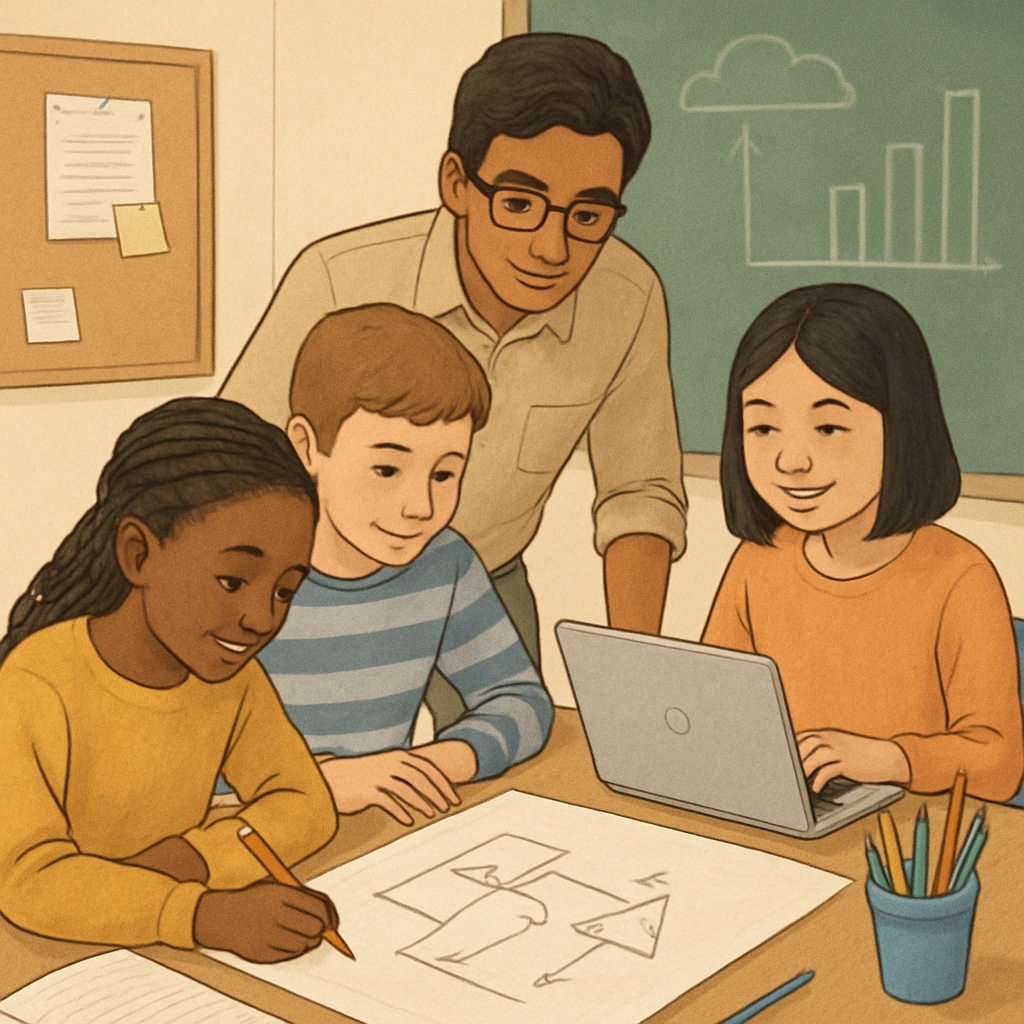The rapid advancements in artificial intelligence (AI) are transforming multiple domains, including education. Traditional competitive exams, long considered the gold standard for talent selection, are increasingly being scrutinized for their ability to adapt to the demands of the AI era. As a result, education systems must reconsider their evaluation frameworks to better identify and nurture diverse talents. This article explores the necessity of reforming competitive exams and outlines potential pathways to create a more holistic and effective evaluation system.
Limitations of Traditional Competitive Exams in the AI Era
Competitive exams have historically relied on standardized testing to measure a student’s academic abilities. However, the emergence of AI highlights several limitations of this system:
- Narrow focus: Standardized tests often measure a limited range of skills, such as rote memorization and problem-solving within a fixed framework. This approach overlooks critical competencies like creativity, collaboration, and adaptability, which are increasingly valued in the workforce.
- AI-driven shortcuts: Tools powered by AI, such as automated essay graders and advanced calculators, can undermine the integrity of traditional assessments, making it easier for students to game the system.
- Unequal access: AI-driven learning tools are not universally accessible, leading to disparities in preparation and performance among students from different socioeconomic backgrounds.
These challenges necessitate a reevaluation of how educational systems define and measure success. Without substantial changes, traditional exams may fail to identify true potential in a world increasingly shaped by AI.

Redefining Education Evaluation: A Call for Reform
To address the limitations of traditional competitive exams, educational institutions must embrace innovative evaluation mechanisms. These reforms should aim to provide a more comprehensive view of a student’s abilities and potential. Some key strategies include:
- Project-based assessments: Encouraging students to work on real-world projects that require critical thinking, innovation, and teamwork can offer a more accurate representation of their capabilities.
- Portfolio evaluations: Allowing students to present a body of work—such as essays, creative projects, and group initiatives—can highlight diverse skills that traditional exams often overlook.
- AI-enhanced evaluations: Leveraging AI to analyze patterns in students’ learning behaviors and achievements can lead to deeper insights into their strengths and weaknesses.
- Soft skills assessments: Including evaluations of emotional intelligence, communication, and adaptability ensures that non-academic traits are also considered in talent selection processes.
By adopting these strategies, education systems can balance the need for objective metrics with the demand for a more nuanced understanding of student potential.

The Role of AI in Shaping Future Education Systems
AI does not merely challenge traditional competitive exams; it also offers opportunities to enhance education. For example:
- Personalized learning: AI can tailor educational content to meet individual students’ needs, helping them excel in areas they might otherwise struggle with.
- Real-time feedback: Intelligent systems can provide immediate feedback on assignments and exams, allowing students to improve continuously.
- Data-driven insights: AI can analyze large datasets to identify trends in student performance, enabling educators to design better curricula and interventions.
Despite these benefits, it is crucial to ensure that AI tools are deployed ethically and inclusively to avoid exacerbating existing inequalities in education.
Conclusion: Building a Future-Ready Evaluation System
The age of artificial intelligence demands a fundamental shift in how we evaluate and select talent. Traditional competitive exams, while valuable in certain contexts, are no longer sufficient to meet the diverse needs of modern society. By embracing innovative evaluation methods and leveraging the potential of AI, education systems can ensure that every student’s unique abilities are recognized and nurtured. The goal is not merely to reform exams but to reimagine what education can achieve in the AI era.
As we stand at the intersection of tradition and innovation, the call for reform is clear. The question is no longer whether we should change but how quickly we can adapt to create a more equitable and effective education system for all.
Readability guidance: This article uses short paragraphs and lists to enhance clarity. Passive voice is minimized, and transitions like “however,” “therefore,” and “in addition” are used to maintain a logical flow.


